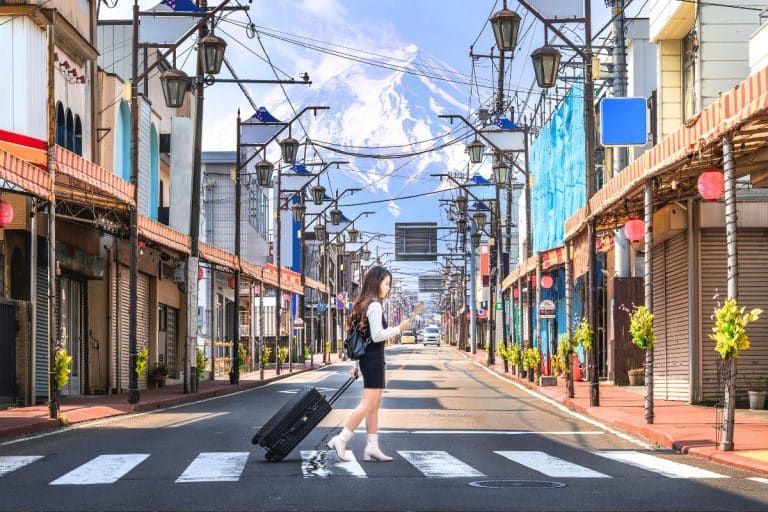Japan is increasingly becoming a desirable destination for digital nomads, thanks to its rich cultural heritage, safety, and relatively lower cost of living compared to many Western countries. Spending time in Japan has also become more attractive as the Japanese yen has weakened considerably since 2022. However, the absence of a specific visa for digital nomads poses challenges for those wishing to stay longer. Hoping to capitalize on this trend, the Japanese government has announced that they are actively considering the introduction of a digital nomad visa, which could significantly change the landscape for remote workers in Japan.
The Japanese government’s initiative, led by Prime Minister Fumio Kishida’s administration, aims to boost post-COVID era inbound tourism. The proposed visa would potentially expand an existing category or create a new system, including visa and residential status specifically for digital nomads. This initiative is a response to the global rise in remote work and the growing number of individuals seeking flexibility in their working environment while exploring different cultures. The Immigration Services Agency (ISA) is involved in drafting measures for this visa, which might be available as early as the next fiscal year, which starts in April in Japan. The government is also considering how taxes and healthcare coverage for visa holders will be determined.
According to the Japan Times, grassroots organizations in Japan, like the Japan Digital Nomad Association and the Japan Workcation Association, are advocating for the involvement of various stakeholders in the visa’s development process. Their goal is to ensure that the visa caters to a diverse range of digital nomads, including those with families. This move is crucial in making the visa accessible and beneficial to a broader spectrum of remote workers from various socioeconomic backgrounds.
From a personal perspective, digital nomads like Stefanos Antypas from Greece and Michelle Elyza Gallero from the Philippines expressed their enthusiasm for the potential visa. Antypas, drawn to Japan through its culture and cinema, hopes to return to Japan to create content and engage with the local community. Gallero, who enjoys traveling with her family, sees the visa as an opportunity to explore Japanese culture more deeply. Their stories underline the appeal of Japan’s unique lifestyle and the opportunities it presents for remote workers.
However, there are concerns about the inclusivity of the visa. Akina Shu, a digital nomad lifestyle ambassador, stresses the importance of ensuring the visa does not exclusively cater to wealthy, Western digital nomads. She emphasizes the need for Japan’s visa to be inclusive and for local communities to be open and accepting of digital nomads.
A picture of what Japan’s digital nomad visa may look like will likely be released by the end of December, which will hopefully foster greater cultural exchange and understanding, making Japan an even more attractive destination for global digital nomads.
Once the Japanese government officially announces a digital nomad visa, it is only a matter of time before the country can benefit from attracting digital nomads to destinations all over the country.


